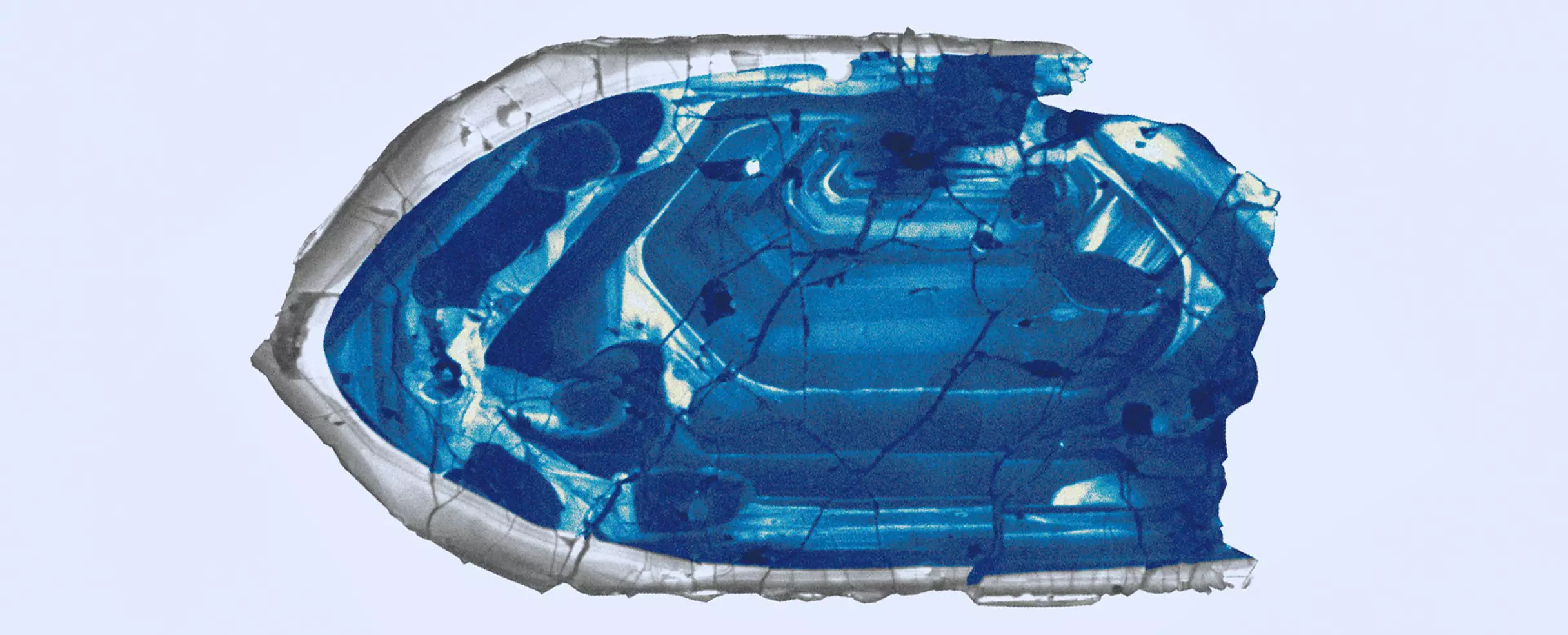The Earth’s surface was not always as dry as we imagine it to be. Recent research conducted by a group of scientists from Australia and China has revealed that the planet was actually sprinkled with fresh water over 4 billion years ago. This discovery challenges our previous understanding of Earth’s hydrological timeline, suggesting that freshwater may have existed much earlier than believed.
The Jack Hills in Western Australia hold the oldest surviving material from Earth’s crust. For billions of years, the minerals in this region have remained relatively unchanged by external forces. However, the researchers found evidence of Earth’s ancient rains trapped within the Hadean zircon crystals found in this area. By analyzing the age and oxygen isotopes in these crystals, the team was able to determine that freshwater might have penetrated the Earth’s crust as far back as 4 billion years ago.
The implications of this discovery are far-reaching. It challenges the existing theory that Earth was entirely covered by an ocean 4 billion years ago. Instead, the presence of freshwater deep within the Earth’s crust suggests that landmasses and freshwater reservoirs existed much earlier in our planet’s history. This finding not only sheds light on Earth’s early development but also opens up new possibilities for understanding the origins of life on our planet.
The discovery of freshwater signatures in ancient zircon crystals has provided a glimpse into Earth’s early days. It suggests that the planet was cool enough to host liquid water, oceans, and a hydrosphere shortly after its formation. This challenges the notion that Earth was entirely covered in water during its early stages and paints a picture of a more diverse and dynamic environment.
This groundbreaking research paves the way for further exploration into Earth’s ancient history. It invites scientists to rethink their understanding of the early days of our planet and opens up new avenues for research into the origins of life. By studying these ancient zircon crystals and uncovering the secrets they hold, we may gain valuable insights into the evolution of Earth and the conditions that allowed life to flourish.
The discovery of ancient freshwater signatures in Earth’s crust challenges our preconceived notions of the planet’s early history. It suggests a more complex and diverse environment than previously believed and offers new opportunities for scientific exploration. As we continue to unravel the mysteries of our planet’s past, we may come to appreciate the dynamic and ever-changing nature of Earth’s geological processes.


Leave a Reply